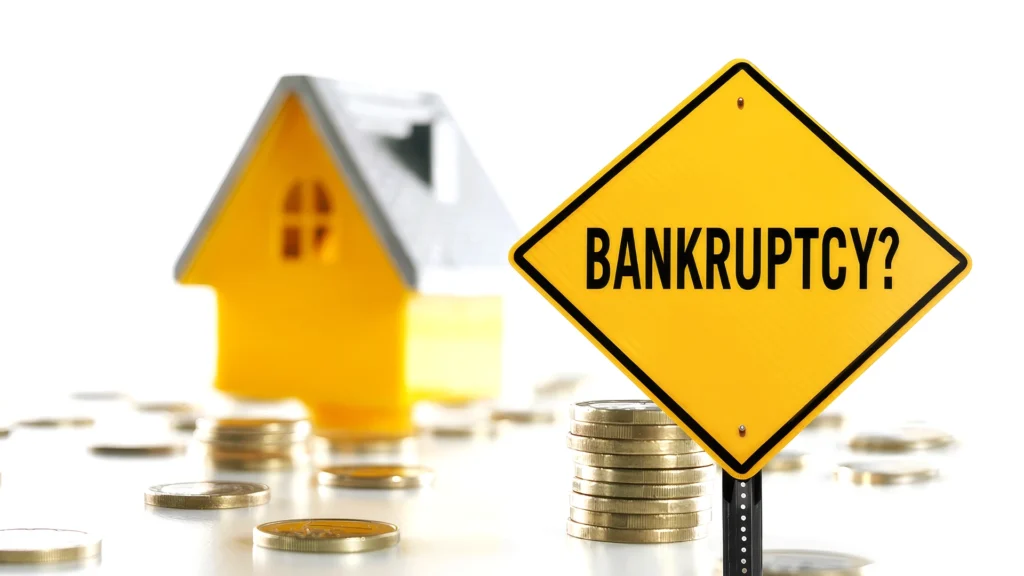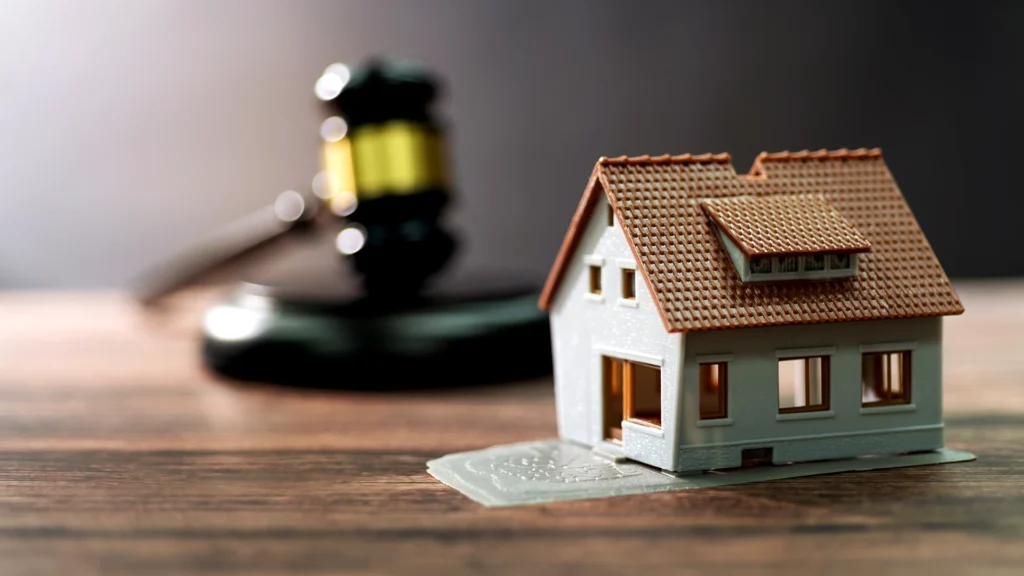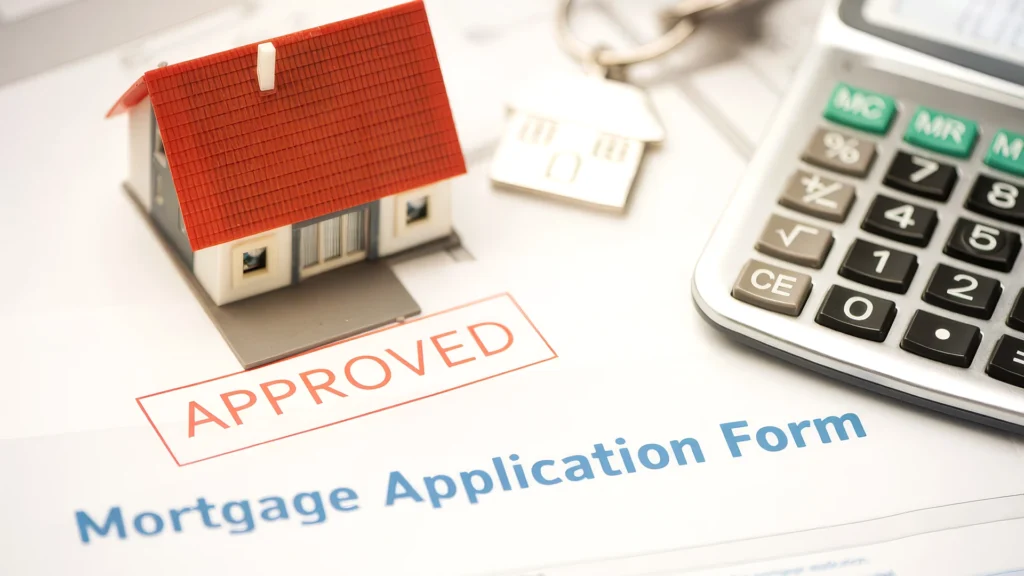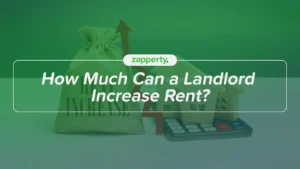Bankruptcy is a challenging circumstance for increasing amounts of homeowners in England and Wales. Designed to help individuals who have amassed debts that they cannot pay, bankruptcy is a process that evaluates the debts that an individual owes to their creditors versus the assets that person possesses, eg: house, car, furniture, etc.
Property is one of the largest individual assets many people possess, so it’s natural to be concerned about the fate of your home when facing bankruptcy. You may be wondering: will I lose my house if I go bankrupt? What about selling my house after a bankruptcy discharge? We’re here to provide clear guidance for those navigating this unsettling time.
Understanding bankruptcy and its impact on homeownership
Whether you’re considering filing for bankruptcy, in the midst of the process, or have just been served a discharge notice, it is important to understand the regulations surrounding homeownership and individual insolvency and selling your home following a bankruptcy discharge to avoid legal action.
In June 2024, over 10,000 individuals entered insolvency in England and Wales, a 33% increase on the previous year. To understand these numbers, however, we need to understand that there are multiple types of individual insolvencies:
- Individual Voluntary Agreements (IVAs): an agreement between yourself and your creditors to pay all or part of your debts. This is handled by an insolvency practitioner, and can give you more control over your assets than bankruptcy. The duration of an IVA is usually five years.
- Debt Relief Orders (DROs): handled by an approved debt advisor, a DRO helps those who do not own enough assets to manage their debts by stopping payments (and interests) on debts for 12 months. DROs do not apply to rental costs and bills.
- Bankruptcies: the process of handing over control of individual assets to an official receiver who can distribute the value of those assets to creditors that the individual owes money to. Bankruptcies generally last 12 months, but may be extended.
Please be aware that if you live in Scotland or Northern Ireland, the rules and regulations surrounding bankruptcy are different to the rest of the UK.
What happens when you declare bankruptcy: legal and financial consequences
Individuals or creditors can declare themselves or someone else bankrupt via a bankruptcy order, which is passed on to an official receiver. At this point, if a bankruptcy order has been made against you, you can dispute it in court by either paying the debt or showing that you do not owe the money.
The official receiver will be the person handling your case and acting as trustee, unless you decide to appoint an insolvency practitioner to handle your bankruptcy estate (assets). An official receiver can sell (realise) your assets to pay your debts, and the costs of the bankruptcy process are deducted from the money generated from these sales.
It’s important to remain in consistent, open communication with your official receiver throughout the bankruptcy process. Not only are they trying to help you clear your debts, but it can help you to avoid a bankruptcy restriction order (BRO), which can impact you for anywhere between 2 and 15 years.
Bankruptcy stays on your credit file for six years, which can impact your ability to get loans and mortgages, but more on that later.
Will you lose your house during bankruptcy proceedings?
The fate of your home during bankruptcy is largely down to the official receiver and the value of your home versus the debts you owe. Let’s see a scenario below:
Geoff’s home is worth £288,000, the average price of a home in the UK. Let’s say Geoff has a mortgage of £188,000, leaving him with £100,000 of equity in his home and £50,000 in other unrealised assets.
If Geoff owes less than £50,000 to his creditors, the official receiver may decide to use his unrealised assets to pay his debts and bankruptcy fees. However, if he owes between £50,000 to £100,000 to his creditors, his home may be at risk as it has enough equity to pay his debts.
If Geoff owes more than £100,000 to his creditors, his home may not be at risk straight away as it does not have enough equity to pay his debts. If the value of his home increases, it may come back into play.
During bankruptcy, you still need to make payments toward your mortgage and any other loans not included in your bankruptcy, which will likely impact the equity in your home.
Selling house after bankruptcy discharge
Steps to take before selling: assessing your financial and personal situation
Receiving a discharge notice enables you to turn a new leaf in your financial stability. You may wish to sell your home as quickly as possible after your discharge but there are some considerations to take into account first:
- Housing Market: A lot can happen in a year, especially with house prices in the UK. In 2024 the annual house price change sat at 2.7%, meaning our friend Geoff would have an extra £6,912 to play with. However, if the tidings weren’t so lucky, Geoff’s home may have lost value, meaning it may not be the right time to sell.
- Personal finances: during your bankruptcy, you will likely have lost a significant amount of assets. When deciding whether to sell, you’ll need to consider whether it’s the right time, especially if you have a mortgage.
- Personal circumstances: bankruptcy can be a challenging time for personal relationships, so ensuring that it’s the right time for you and your family to sell is crucial.
- Restrictions on your property: sometimes it can take a while for your official receiver to process the sale of your assets, if your home is still restricted by the trustee you may face legal action if you try to sell.
Steps to take before selling: legal considerations
In most cases bankruptcy is discharged after one year, after this time, you’re usually good to sell your home unless it is still included in your bankruptcy estate. If your home has not been sold within three years of your bankruptcy order, your trustee will let the Land registry know and remove the restrictions.
If you’re unsure of the status of your home, we advise to see a specialist solicitor when wanting to sell.
Selling Your Home Post-Bankruptcy Discharge: Rules and Restrictions
After bankruptcy discharge, you can sell your house, but there are important conditions to keep in mind:
- Trustee’s Control: If the trustee hasn’t claimed your property, it may be returned to you after three years.
- Trustee Permission: If the house was part of your bankruptcy, you’ll likely need the trustee’s permission before selling.
- Bankruptcy Restriction Order: While under a BRO, you may face additional limitations on asset sales.
Mortgage and Financing Options Post-Bankruptcy
As mentioned earlier, bankruptcy stays on your credit file for six years and on the Land Charges register for five years, so securing a mortgage on a new property may be challenging if you do decide to sell. It’s common practice for lenders to avoid approving mortgages for the 12 months after discharge.
Securing a mortgage after bankruptcy largely depends on the type of bankruptcy you initially applied for, and the type of home loan you wish to take out. If you opted for an IVA over a bankruptcy, you may wish to discuss this with a solicitor before selling.
Tips for securing a mortgage post-bankruptcy
- Improve your credit rating as much as possible: remember when we said about keeping up to date on your bills and payments outside of your bankruptcy? This is why. A lot of money lenders will see ex-bankrupt individuals as high-risk, so you should try to build up your credit score by making regular payments to any loans or bills during and after your bankruptcy.
- Speak to an expert: there are specialist mortgage brokers that deal with bankrupt and ex-bankrupt individuals, day in, day out, who will be able to provide support for those looking to secure a mortgage.
- Speak to free debt advice services: if you’re not sure where to start, there are organisations like StepChange in place that can help you with any questions you may have, or support you may need.
Navigating post-bankruptcy can feel overwhelming, but it doesn’t need to be, especially when you’re thinking about selling your home. Speak to professionals along the way, and you’ll be able to open a new chapter in your financial life.
If you’re looking to sell your house fuss-free post-bankruptcy, speak to our dedicated team, who can give you a free cash offer in just 60 minutes, and see where your new financial chapter takes you!
FAQ’S
Can You Sell Your House After Bankruptcy?
Yes, you can, but there may be conditions depending on the bankruptcy proceedings and whether the trustee has a claim on the property.
How Long After Bankruptcy Can I Sell My House?
If your bankruptcy discharge is complete and your home wasn’t part of the proceedings, you may sell it, though trustee permission might be needed.
Can I Sell My House if It’s Still Under Bankruptcy?
You’ll need the trustee’s approval to sell the house while under bankruptcy proceedings. The property might be sold to repay creditors if it holds equity.
Can I sell my house after bankruptcy discharge?
Yes, you can sell your house after bankruptcy discharge. However, if the house was part of the bankruptcy estate, you may need to seek the trustee’s permission before selling.
Can I sell my house during bankruptcy?
You cannot typically sell your house during bankruptcy without the trustee’s permission, especially if it’s part of the bankruptcy estate. The trustee will decide whether to sell the property to pay creditors.
Can I sell my house if I am in bankruptcy?
Selling your house while in bankruptcy requires the approval of the trustee handling your case. The trustee will assess whether the sale is in the best interest of creditors.
Can you sell a house after bankruptcies?
After bankruptcy discharge, you may sell your house. If the house was included in the bankruptcy, you may need to wait until the trustee releases it, or seek their consent.
Can you sell a house that is in bankruptcy?
If the house is part of the bankruptcy, you cannot sell it without the trustee’s permission. The trustee controls the







